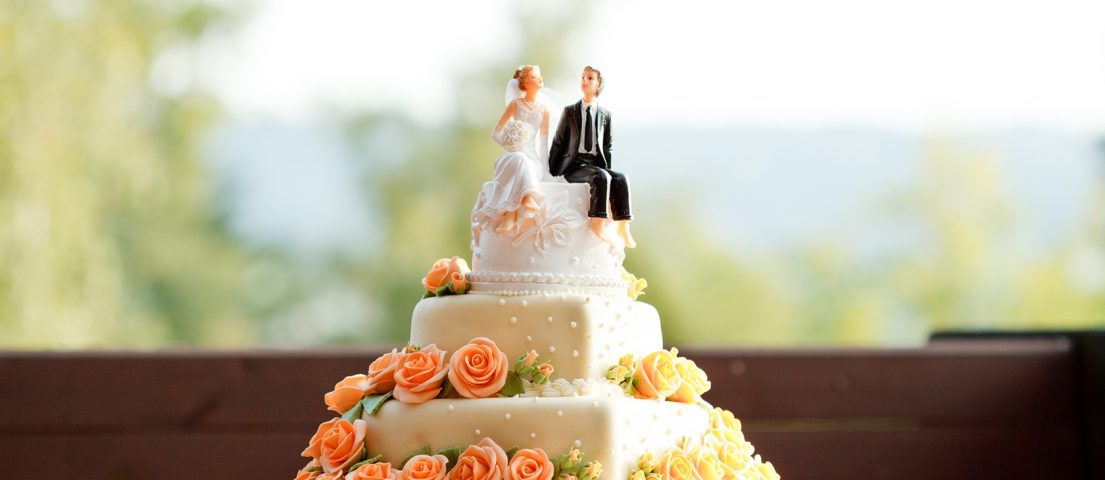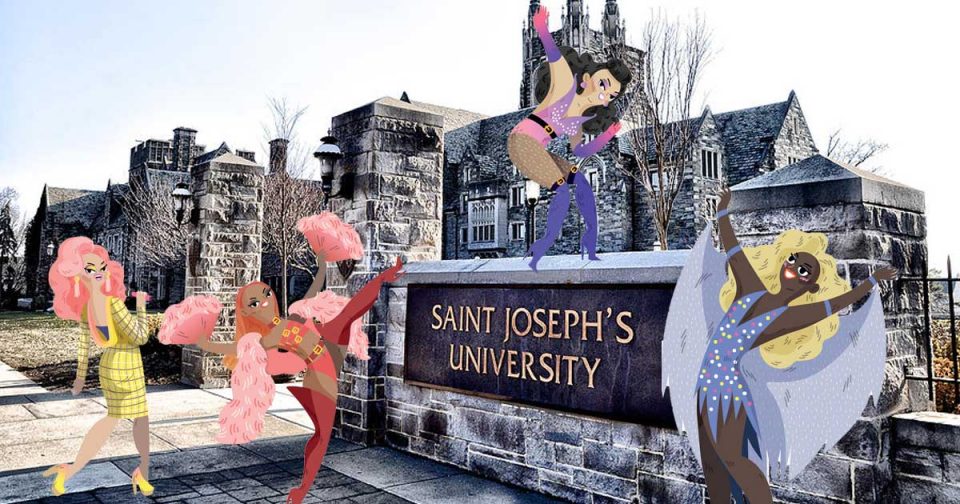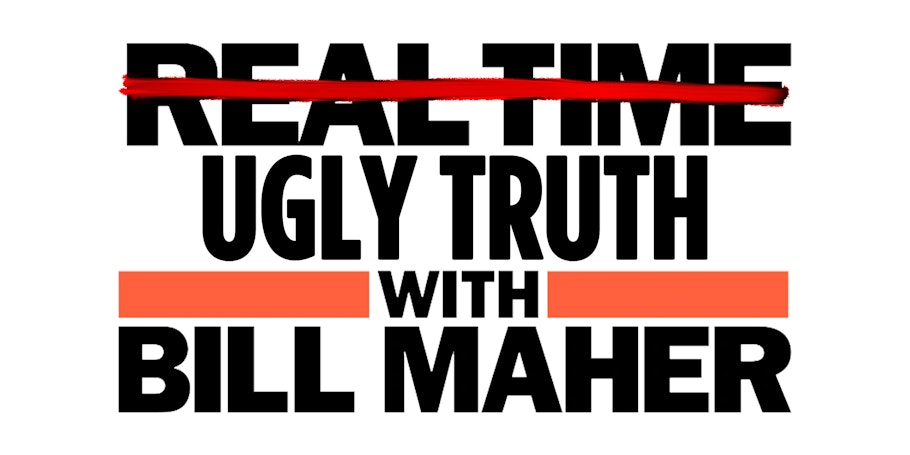The first is the Supreme Court’s understanding of liberty. Writing for the Court in the 1992 decision Planned Parenthood v. Casey, Justice Anthony Kennedy famously remarked that “[a]t the heart of liberty is the right to define one’s own concept of existence, of meaning, of the universe, and of the mystery of human life.” Masterpiece Cakeshop will reveal how seriously Justice Kennedy and the Court takes this dictum. For at the heart of Masterpiece Cakeshop is the liberty to define one’s own concept of love. To Phillips, and other similarly situated bakers, photographers, and florists, love is not about giving or telling someone what they want. Rather, love is about doing what is objectively right and good, for others as well as one’s self.
“[a]t the heart of liberty is the right to define one’s own concept of existence, of meaning, of the universe, and of the mystery of human life.”
To the extent that Phillips genuinely believes that same-sex marriage is wrongful, it would not be an act of “love” for him to help others celebrate such a thing. His detractors call this “hate,” but that is belied by the fact that in practically every one of the cases concerning a wedding vendor’s conscientious objection to same-sex marriage, the record is quite clear: Never have the objecting proprietors refused goods or services to their gay or lesbian customers on any other occasions for any other reasons.
The second concept to be tested is whether recognition of same-sex marriage does indeed represent what economists refer to as Pareto efficient advancement and progress, in which everybody wins and no one really loses. Recall the dismissive jeer: “If you don’t like same-sex marriage, don’t marry a person of the same sex.” For Phillips at least, it hasn’t worked out that way.
Once again, let us recall the words of Justice Kennedy. In writing the Supreme Court opinion that recognized same-sex marriage as a constitutional right (Obergefell v. Hodges), Justice Kennedy declared that:
… it must be emphasized that religions, and those who adhere to religious doctrines, may continue to advocate with utmost, sincere conviction that, by divine precepts, same-sex marriage should not be condoned. The First Amendment ensures that religious organizations and persons are given proper protection as they seek to teach the principles that are so fulfilling and so central to their lives and faiths, and to their own deep aspirations to continue the family structure they have long revered.
Did the Court really mean this? Does this extend to teaching by example? Is the Court genuinely committed to a liberal, live-and-let-live society, where individuals are free to marry whom they choose, and where other individuals are free to oppose certain marriages – to the point of avoiding any involvement in such marriages altogether, commercial or otherwise?
Masterpiece Cakeshop brings to mind history’s most famous conscientious objector to a particular marriage, that of St. Thomas More. No one doubted More’s love of King Henry VIII, whom More had served zealously throughout his entire career. But when Henry embarked upon a course of action that More could no longer follow, love did not win. More was ultimately beheaded, famously dying “the King’s Good Servant but God’s first.”
Masterpiece Cakeshop also brings to mind those religious dissenters who, only a generation or so after Henry VIII, refused to embrace the spirit of their times and suffered grievously under Queen Elizabeth. Although not all lost their lives, countless individuals labored under heavy fines and penalties for remaining true to their religious convictions rather than yielding to the dictates of the State. This persecution helped birth the American nation, as pilgrims seeking to live out their lives in accordance with their deeply held religious beliefs fled England to breathe the free air of America. Hopefully, Masterpiece Cakeshop won’t spur another wave of pilgrims, this time departing from, rather than fleeing to, America’s shores in search of religious freedom.
_____________________
Ronald J. Colombo is a Professor of Law at the Maurice A. Deane School of Law. He is the author of The First Amendment and the Business Corporation (Oxford University Press, 2014)
https://acton.org/pub/commentary/2018/05/01/will-love-win-supreme-court-2018







